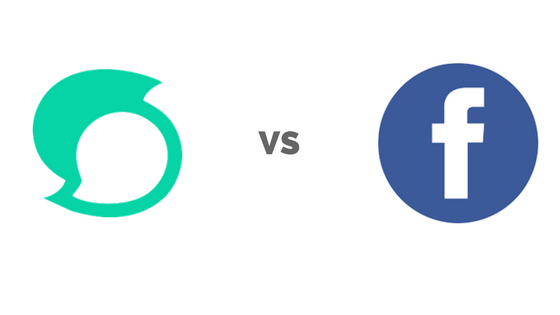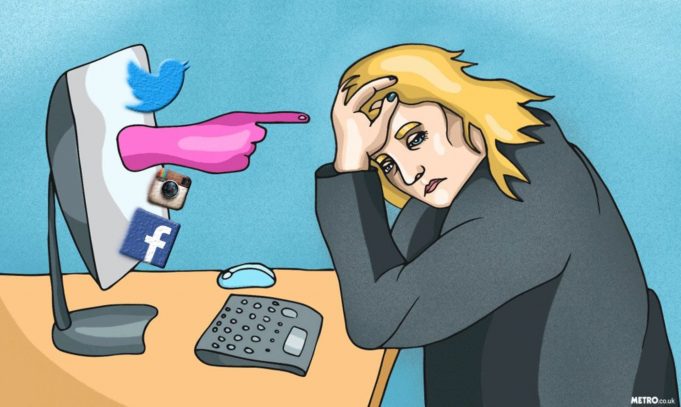Steemit vs Facebook "The short-term, dopamine driven feedback loops"
There is no doubt, social media has changed the way we interact with the each other and the world at large. There are some benefits and there are also some disadvantages. If you were to ask the common person what do they use social media for, it seems that keeping up with friends is the most common and consistent response. But has someone asked the question, "how do you feel when you use social media". It's a wonder what the response would be. The feeling we get when we use social media has rarely if ever been used in context when communicating about social media.
Former Facebook executive Chamath Palihapitiya coined a term that details the hidden impact that social media has on humanity. So much so that a new medical condition, Social Media Depression, evolved from its' use. Social Media Depression is a real disorder people are being diagnosed with. Chamath stated that "the tools that we have created are starting to rip apart the social fabric of society by providing short-term, dopamine driven feedback loops."
Platforms like Steemit are intrinsically different from those like Facebook. Facebook took an interpersonal approach at connecting with its user base. Steemit on the other hand encourages a global network of unrelated entities to become related and affiliated. It provides incentive to create quality posts and has so far served as a informational platform and many ways.
It seems that if people were open and honest about their feelings we could get a good idea about the true nature of social media. Most people aren't going to admit to feeling jealous, envious, intimidated, under privileged, hateful, anxious, or just plan ole weird. But these are some of the feelings that people have. Addiction and over stimulation are also at play but how often are these things spoken of in an open ended format?
Among other things that can be spoken of about the age old social media that we use today is that, based on the dialogue from Chamath, it looks as if and could logically be explained that the "dopamine driven feedback loops" were purposely created by design at Facebook. A good mind can easily see the seriousness of this thought.
At any rate I'm sure we have all had that "Mary didn't like my post" moment. It's a wonder, what was the thought that made Mary not like my post. From an enlightened view or, better yet, a scientific view, emotions and feelings carry with them biological changes and chemical reactions within the human being. It takes just this level of understanding to breakdown the "Impact" that social media can have on people. Impact being the change that any person or any thing has on any other person or any other thing. Critical thinking is indeed as rare as common sense these days however, still needed.
More than anything, from the information presented here, AWARENESS is the goal. We are still in the early stages of social media in terms of understanding its impact. Too, often we become only concerned with the physical changes that our environment can cause within us. We must also stay learned about the emotional, psychological, and social changes as well. This should not be left to scientist and health professionals only, because they rarely, if ever, solve social issues.
Please leave your interpersonal experience with social media and offer the community something to ponder.
Image Source: Google Images
steemitimages.com/DQmV4cDziPrGNL4TnabPkkqcqMUyRoLiTEMESy32yYE9FwD/VS.png.
www.globalvillagespace.com/wp-content/uploads/2017/07/AAEAAQAAAAAAAA2XAAAAJDJlNDlkYTU0LWEyMDItNDc5Mi1hNGE1LTFhMjI5ODI5NzEzMg-681x407.jpg.
Wang, A. B. (2017, December 12). Former Facebook VP says social media is destroying society with 'dopamine-driven feedback loops'. Retrieved January 23, 2018, from https://www.washingtonpost.com/news/the-switch/wp/2017/12/12/former-facebook-vp-says-social-media-is-destroying-society-with-dopamine-driven-feedback-loops/?utm_term=.be26cb6565f0

